You must register as an employer with the HM Revenue & Customs (HMRC) if you are running a company or a business that employs staff to carry out work on your behalf for exchange of salary or benefits.
‘Pay As You Earn’, or PAYE, is the system by which HMRC collects income tax and National Insurance from employees. Employers must act as collectors of tax for HMRC and if they fail to operate PAYE correctly they will be liable for penalties.
How to Set up PAYE
The information needed when registering is:
- Company name
- Company unique taxpayer reference (corporation tax) (UTR)
- Nature of the business
- Business address
- Company registration number (CRN)
- First payday
- Number of employees you employ
- Full name and national insurance number of company director
What is PAYE income and employment
PAYE employment income consists of:
- any taxable earnings from employment in the year, and
- any taxable specific income from employment in the year
This definition, therefore, covers most cash payments made by employers to employees including salaries, bonuses and termination payments.
There are some cash payments made by an employer to an employee that will not be subject to PAYE. The main example is the payment of excluded business expenses. These are expenses which would not give rise to a taxable benefit which HMRC has authorised the employer to ignore.
Real Time Information (RTI)
Since April 2013, most employers have been required to use HMRC’s new system for reporting PAYE: Real Time Information (RTI). Under RTI, information must be submitted to HMRC throughout the year, rather than simply at the year-end.

